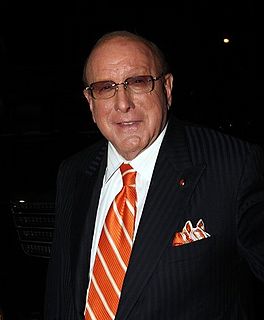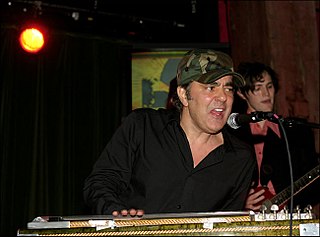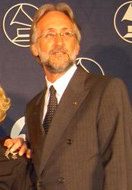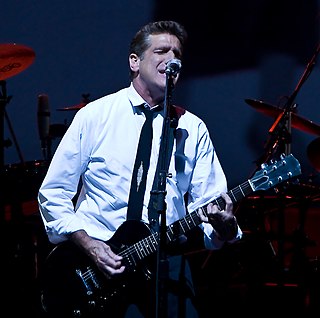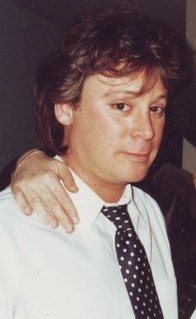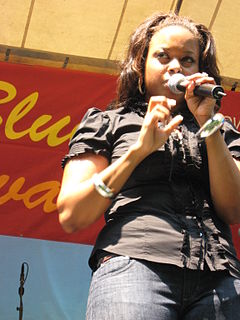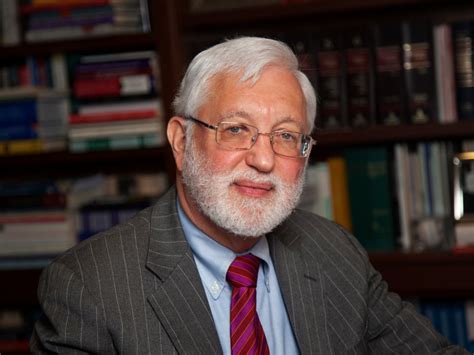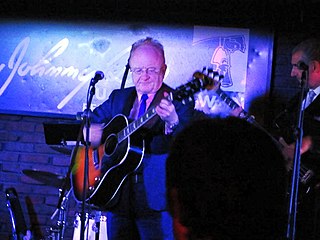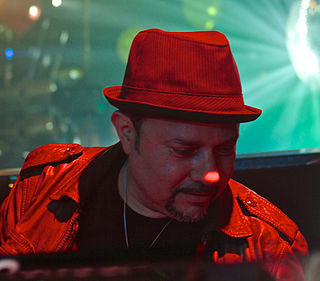A Quote by Clive Davis
In this age when people expect to get their music for free, we have to work out how we can protect the rights of creative artists so they are compensated fairly and that the record business itself remains sound and healthy.
Related Quotes
It’s time for a streaming service that is centred around and driven by the artist community directly. Artists are prolific beyond a new recording every two years. They perform, tour, record, and collaborate constantly. Uprise.fm will not only make these rare and unique recordings available, we will ensure that the artists are fairly compensated for this work.
Because U.K. artists aren't compensated when their music is played on U.S. radio stations, U.S. artists aren't compensated when their records are played on U.K. stations based on the fact that there's no reciprocity. If that income came in, our artists would be paying income taxes on it. So if we can get a lot of policy on the radar, that may have some positive influence.
The music industry itself is changing so quickly, that everything new, like Spotify, all feels to me a bit like a grand experiment. And I’m not willing to contribute my life’s work to an experiment that I don’t feel fairly compensates the writers, producers, artists, and creators of this music. And I just don’t agree with perpetuating the perception that music has no value and should be free.
The most important thing to do as an artist is to get out of your comfort zone and work with different people: people who can't read a note of music, people who have incredible classical skills, blues and jazz musicians, pop artists, visual artists, dancers and actors. Learn from people who are creative in a different way to you and you'll keep evolving.
Judges are the people who have to protect the rights of individuals, have to protect the rights of minorities, have to protect the rights in the Constitution, have to protect the requirement that the executive and the legislature not simply exercise raw power but adhere to standards of reasonableness and constitutionality.
I am passionate about finding undiscovered and talented artists. I want to help those artists get to the next level and provide existing artists with a new way to reach fans. I wanted to partner with the Cutting Edge Group because they share my vision and have a proven track record in innovation in the music business.
There's no excuse for having a mental or creative block in sound. You can just go out and collect things in the real world - they make the sound, not you. It's very restricting to always use a library for sound effects. It's much more interesting and freeing to go out and record new sounds because you never know what you're going to get.
The music business has made a 360. It's a whole 'nother game. It's not nearly what it was. And I fear for it, because, you know, with the advent of the computer and online and downloading and all these things, they have destroyed - that stuff has destroyed the record business, not the music business, but the record business. The music business is well, and it's alive and thriving. Now, I hope something happens to turn it back around to the point whereas it's - you're earning a living from writing your songs, from your work, you know, because it's not like that anymore.
I don't know how comic artists feed their families, if they do. But it's a fascinating form and so I think that after a long period of nothing happening and work, nothing very impressive, we are into another golden age of comics. Unfortunately, it's not a golden age for the artists themselves economically. I don't know how they get along.
